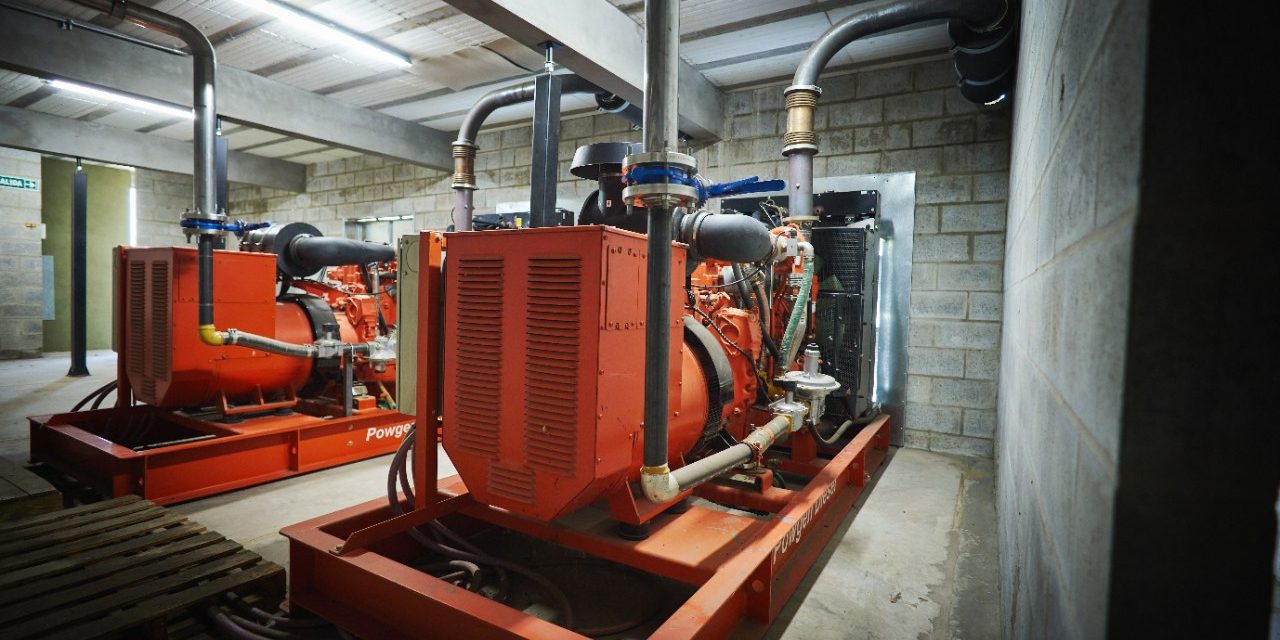Scania Argentina completed the conversion of two generator set engines to run on biogas for Estancia San Lino. The engines worked with natural gas and with this modification they will generate economic advantages, as well as greater care for the environment.
Located in Chivilcoy, the first two Scania Biogas engines will be used for the San Lino Agropecuaria agricultural and livestock business, and mean a huge commitment to the circular economy, since biogas is obtained from organic matter. On the one hand, it begins with the sowing of the seed to convert it into food for the animals, then it works with the manure, which is introduced into one of the biodigesters. At the end of the process, the biogas obtained is transformed into electricity through generator sets with Scania engines from the Green Efficiency line.
In turn, the biodigester waste returns to the earth as natural fertilizers. “Those are the same elements that the plant uses to grow, instead of buying fossil fertilizers. That is the concept of circular economy,” said Jaime Goodall of San Lino Agropecuaria SA.
According to Leandro Hernández, Director of Services at Scania Argentina, the engines for this purpose can be 9, 13 or 15 liters. “They are otto cycle engines, they work with natural gas at 1500 RPM, generating 50 hertz. They are assembled with locally-produced generator sets from Powgen and the service is carried out directly by Scania, which has 28 service points in the country prepared to attend to this type of technology,” he explained
Regarding the biogas generation capacity, the San Lino project is designed to obtain 250 m3 per hour, which is transformed by the generator sets into 300 kWh of electrical energy. This capacity will be expanded to 500 kW, which is what the plant can feed constantly generating injection to the network 24 hours a day, according to BGA, plant builders.
Another important fact is that the cost of generating electricity from biogas is beneficial. “The generation from biogas ranges between 160 and 200 MWh, this is 40% cheaper than the generation of electricity based on gas oil,” said Martín Pinos, Managing Partner of BGA. “This opens the possibility that, in addition to having an environmental benefit from effluent treatment, the cost of electricity generation in rural areas can be reduced,” he added.
With these processes, and with the biogas generator engine, CO2 emissions can be reduced by up to 90% in Argentina. “If we took all the generator sets that are working in the country in continuous generation and delivering energy to the grid in thermal power plants, and we converted them so that they can run on biogas of animal origin or from other waste sources, the carbon footprint of power generation could be reduced at the country level”, commented Hernández.
Source: Scania Argentina







